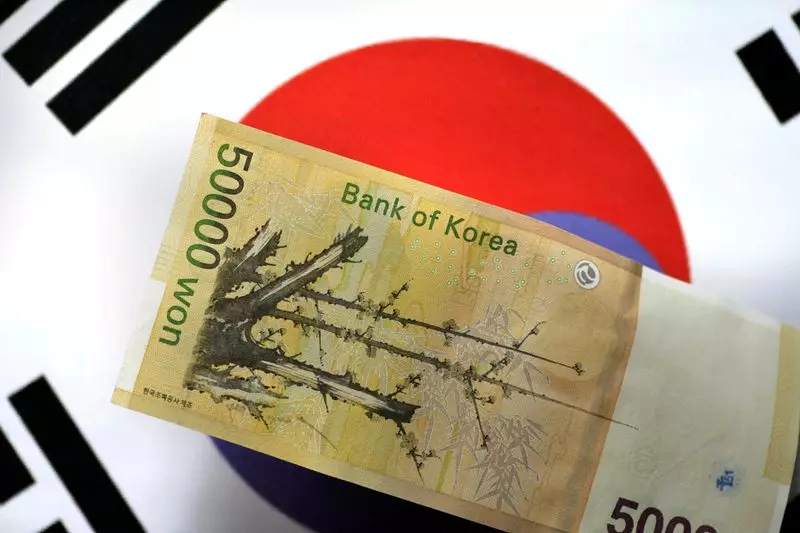South Korea recently announced a reform plan aimed at boosting shareholder returns among listed companies in an effort to reduce the “Korea discount” on stock prices. While the move is reminiscent of Japan’s successful corporate governance reforms that led to a surge in stock prices, South Korea’s proposals have fallen short of market expectations.
Under the new “Corporate Value-up Programme”, the South Korean government will facilitate and support companies’ voluntary efforts to enhance shareholder returns and improve governance. The Financial Services Commission (FSC) detailed that companies will have access to a comprehensive guideline to aid them in developing their plans for returning capital to shareholders. The regulator expressed optimism that this initiative could help alleviate the problem of the “Korea discount” by encouraging companies to adopt more shareholder-friendly practices.
Despite the government’s efforts, some analysts have expressed disappointment in the reform proposals. Huh Jae-hwan, an analyst at Eugene Investment Securities, pointed out that the measures lacked the necessary incentives to drive significant change. The market reaction to the announcement was negative, with profit-taking leading to a decline in the benchmark KOSPI index. This underscored the gap between market expectations and the actual reforms put forth by the government.
The market response to the reform plan was evident in the stock prices of various sectors. Automakers and banks, which are often undervalued, experienced significant losses as investors reacted to the disappointing nature of the proposals. Companies had rallied in anticipation of more robust reform measures, but the lack of compulsory requirements or tax benefits left the market wanting more.
To encourage voluntary reforms among companies, the FSC is considering preferential treatment in tax policies for firms that enhance their market value and increase shareholder returns. Additionally, the regulator plans to introduce an index of companies with strong shareholder value to incentivize better corporate governance practices. FSC Vice Chairman Kim So-young highlighted the importance of voluntary participation and emphasized that the new proposals offer stronger incentives compared to those implemented in Japan.
Despite the initial disappointment, the government remains optimistic about the prospects of companies improving their market value and shareholder returns. South Korea’s stock bourse has already pledged to establish a team dedicated to enhancing corporate governance, while the national pension fund has committed to investing in companies striving to increase their value. These collaborative efforts aim to elevate South Korea’s stock market performance and reduce the Korea discount over time.
South Korea’s recent reform plan represents a step towards aligning with global best practices in corporate governance. While the proposals may have fallen short of immediate market expectations, they signal the government’s commitment to fostering a more investor-friendly environment. By encouraging voluntary reforms and offering incentives for companies to enhance shareholder returns, South Korea aims to boost its stock market performance and shed the Korea discount perception. Time will tell how effective these initiatives prove to be in reshaping the landscape of corporate governance in the country.

